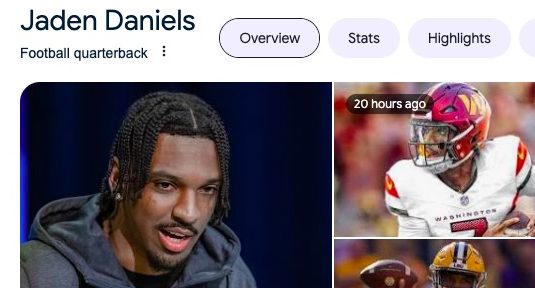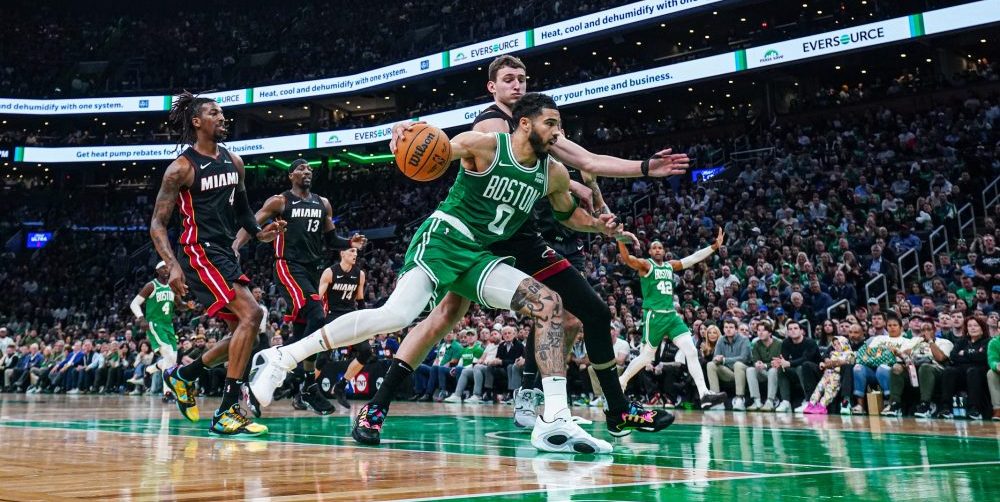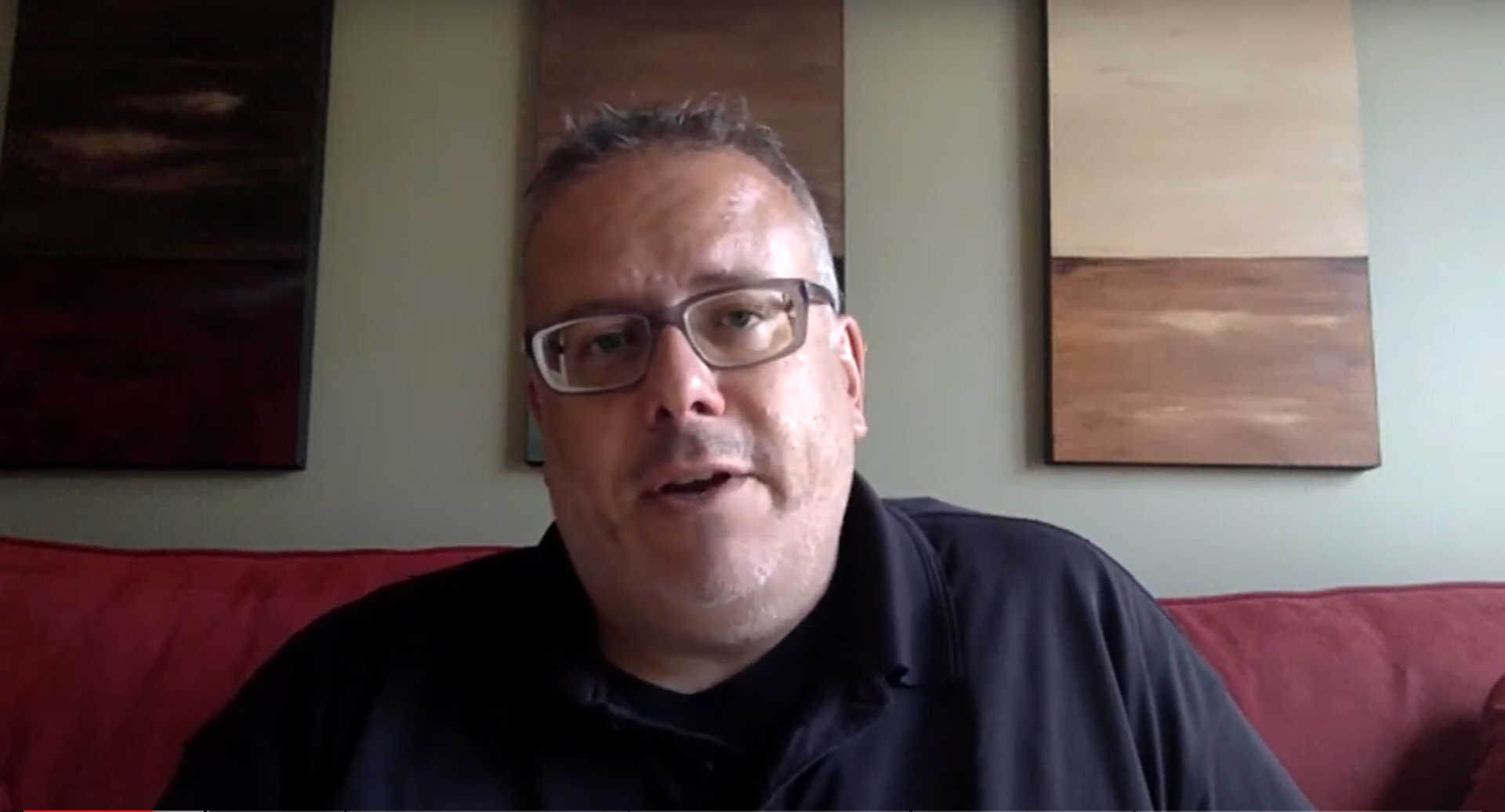In the immediate aftermath of the seismic shakeup of Texas and Oklahoma leaving the Big 12 for the SEC, the college football world (us included) seemed to revel in partially attributing the move to ESPN’s influence in the sport. The case of ESPN’s meddling was pretty straight forward, in that the move significantly benefits ESPN and seemed to be as expertly planned, orchestrated, and executed as the Godfather baptism murders.
But that’s all circumstantial. The good stuff came in the days to come and included:
- One athletic director told The Athletic: “I think this has been going on for six months — at a minimum of probably three months, and ESPN has been right in the middle of it.”
- The Big 12 sent ESPN a cease and desist letter, with Bob Bowlsby publicly commenting and making not so vague accusations such as “This collaboration between and among ESPN and conferences to undermine the Big 12 is a tortious interference with our business,” “It’s clearly them doing things that are disadvantageous to our business and I have absolute certainty that what I’m saying is factual,” “I have absolute certainty they (ESPN) have been involved in manipulating other conferences to go after our members,” and “ESPN had been working with one or more other conferences and even providing incentives for them to destabilize the Big 12 and approach our members about moving away and providing inducements for the conference to do that. That’s tortious interference with our business. It’s not right. I wouldn’t state this if I didn’t know it was absolutely true.”
- Former ESPN President John Skipper suggesting that it was rational to assume that ESPN was involved in some of the planning of these planned realignment moves.
ESPN would respond (twice) by denying Bowlsby’s claims and the growing public consensus that ESPN was no mere bystander in these moves.
Heading into this week, the big question was whether or not we were going to see more incoming fire of legal threats and implication lobbed at ESPN. While many would have probably liked to see this situation continue escalating, as explosive high level corporate affairs rarely spill out into public view, it unfortunately seems that all parties involved have huddled up and things will get sorted out in one way or another, with ESPN no longer in the crosshairs of public comments.
First, we have these comments from Bowlsby, the initial public bomb thrower.
Bob Bowlsby was asked about his cease and desist letter at today's Texas Senate hearing.
"We have agreed to not escalate this publicly. It's in neither party's best interest to do so."
— Max Olson (@max_olson) August 2, 2021
That’s a bummer.
And here is Texas’s president strongly denying ESPN worked with Texas on the move (tweeted out by a ESPN PR exec, for reference).
Texas president Jay Hartzell's comments during the state senate hearing on Monday are noteworthy.
On whether Texas had conversations with anyone from ESPN during the realignment process: “Categorically, absolutely, no.” pic.twitter.com/7lWPQ1c0CF
— bill hofheimer (@bhofheimer_espn) August 3, 2021
And today we get ESPN’s third character witness, AAC commissioner Mike Aresco, who volunteered the following at the conference’s media day.
“Our conference has never strategically aligned or plotted with ESPN to influence conference structures,” Aresco said. “We wouldn’t do that. ESPN has never done that and would not do it. We do consult with our television and business partners on issues related to our conference. Everyone does, of course. But any suggestions or statements that we colluded with ESPN with regard to the structure of any other conference is a completely unfounded and grossly irresponsible accusation.”
ESPN has done a rather impressive job sucking the oxygen out of the narrative that was building last week. Does that mean they are totally free and clear here? As with most things, the devil is in the details, as Aresco admitted “We do consult with our television and business partners on issues related to our conference”.
That’s really ESPN’s entire defense. We work with everyone! We talk about things! If someone wants to know our opinion on how we can make more money, we entertain those conversations. Nothing to see here!
However, as these conversations are initiated and steered, ESPN seems to come out as a winner, while others working with other television networks seem to be on the losing end of these organic “let’s do some capitalism together!” conversations.
So either ESPN is truly a passive bystander in all of this or, alternatively, this is all done shrewdly enough where their involvement is murky enough to stay out of any legal trouble. That’s the reality of how most business gets done these days. There is an art to being vague, not leaving a paper trail, and having your story straight.
As for the Big 12’s posturing of a lawsuit, ESPN’s rebuttal, and their new preferences to not speak about this in public, let’s keep in mind ESPN wants Texas and Oklahoma to join the SEC sooner rather than later, which will require a large buyout from Texas and Oklahoma and would be justified in costs by the television money ESPN will provide to the schools. Public narrative equates to leverage in that process – that is, until lawyers and decision makers agree it’s more harmful than helpful. That’s likely where we are now, and if there one thing that holds true in life in this country, it’s that billable hours will always remain undefeated.







